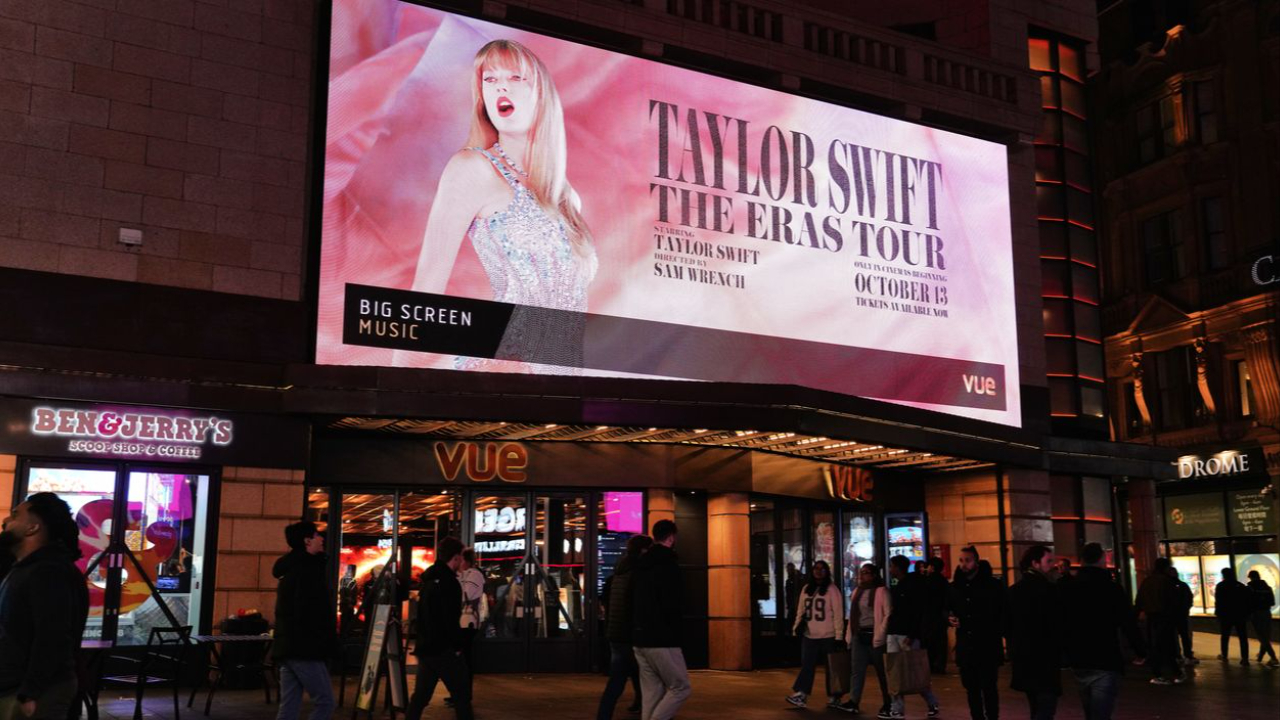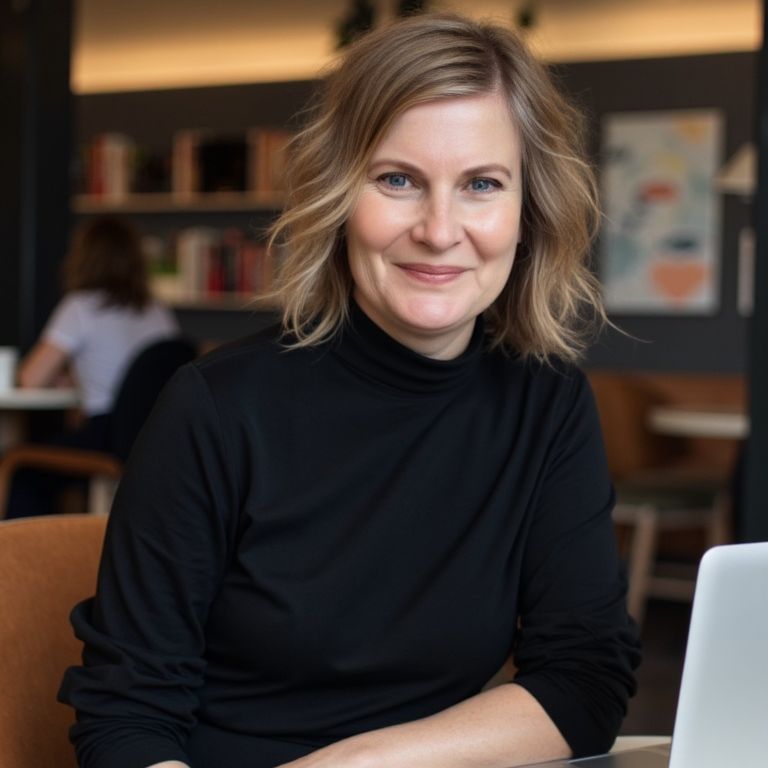Leading online community conversations
Feb 10, 2023
Recently I noticed someone that's been rising to prominence in the online marketing world share an opinion on one of their social accounts. They kept the comments open on the post, but the caption said words to the effect of, 'If you don't like my advice, don't take it but I'm not here for debate'.
I've felt this way many times myself. I've thought, 'This is my platform. I've taken the time to build it. If people don't like what I share here, they're free to leave.'
I'm aware that this has been a stress response for me (and likely was for the person I observed). It's been a defensive thought that's arisen when people get really pushy in their commentary or disrespectful of the space I've created.
But when I step back from those moments of stress and reflect more deeply on the topic of building online communities, my perspective changes.
It pulls me toward an alternate idea; that it's your obligation as a community builder to create spaces for debate.
What initially turned me off doing so on my own accounts wasn't an aversion to debate or discussion (I'm professionally trained as both a philosopher and a lawyer. It's in my blood to revel in healthy intellectual jousting) but the way people debate online. If, indeed, you can even call it debate.
If the problem is not debate itself but the quality of interaction amongst people, then shutting down conversation isn't the answer. Rather, it points to the need to create standards around the way people are expected to engage with one another.
Paid online communities and spaces like Facebook groups certainly do create those kind of standards, but you see it much less often on public social pages where it's pretty much a free for all.
In the fifteen years I've been a part of the online entrepreneurial industry, I've not seen as many people as I might have hoped create communities consciously or in a way that's emblematic of genuine leadership skills.
This is, I suspect, because conversations about community building online often focus on numbers rather than on what it takes to hold space for thousands of people connecting virtually from across the globe. Which means that what you end up seeing on socials much of the time are popularity contests, and/or excellent persuasive skills masquerading as leadership.
The question I've been pondering this week after noticing someone pre-emptively fend off conversation from their own community is this; if you put forward an idea but you're not willing to discuss or debate that topic, what kind of community are you building exactly?
A benevolent dictatorship? A cult? Simply a group of consumers?
Yes, people often behave badly on other people's social pages. They're rude. They dogmatic or ignorant or offensive. It can take up so much time responding to their commentary. Time that could be better spent literally anywhere else in your business.
Choosing to engage with every single person on every single point they raise simply isn't feasible. Particularly as your community grows into the tens of thousands and beyond.
But that doesn't mean the only option is to disengage completely and decide to simply use your platform as a proxy for a loud speaker or a soap box.
THE OUTER WORK
Instead, you could opt to:
- hire a community manager who loves nothing more than chatting with people online
- develop and share guidelines around what kinds of behaviour will and won't be tolerated in your corner of public space on the internet. (Remembering to repeat those expectations regularly and model them in your own behaviour)
- let people know about a paid space you host in which you're willing to engage in more lengthy conversations about the ideas you share
- ignore all comments and let the criticism and praise sit there on the public record, without commentary from you
- turn off the comments on the posts you don't wish to debate
- choose one or two comments a day to engage with and let the rest stand without comment.
As a leader that's decided to build a community around themselves and/or their business, it's important to not only get comfortable with sharing your own opinions. You need to also consider how you're empowering others to do the same.
THE INNER WORK
The progression from 'I'm comfortable sharing my opinions with the world' to 'I'm consciously building a sustainable community' shows up as you move out of stage 2 and into stages 3 and 4 of the Visibility Rites of Passage.
One critical aspect of this shift is to recognise that you don't have to be the fountain of all knowledge on your own platform. It's ok to release the reigns a little bit and let others take the lead. As you do, the invitation is less about everyone else absorbing your one perspective and more about inviting people to debate an idea.
The shift is from, 'Here I am on my soap box' to 'Here's an idea I have, feel free to pass it around the circle and add to it, refine it, unpack it'. In other words, you have to move from thinking that leadership looks like a hierarchical relationship focused on individuality (where wisdom is being passed down from on high), to one that's circular and focused on the expression of collective wisdom.
Additionally - and this pops up at in stage 2 of the Visibility Rites of Passage - as you're reflecting on this topic, it's worth investigating whether you're carrying a fear of being wrong or being exposed or being attacked for your ideas.
In such circumstances, your sympathetic nervous system can be activated when someone disagrees or challenges your perspective. Which is problematic when you have a large and vocal community, because holding space for such a group can have you feeling triggered multiple times a day.
And this is precisely why, when you're building a business online, it's imperative that you do visibility block clearing work while you're expanding your reach. Particularly if you have a history or trauma, are neurodiverse, are a member of a marginalised group, or are introverted.
Without the inner work, building a business can be a harrowing experience leading to illness, anxiety, depression and/or burn out.
What if, rather than opting for the fastest possible route to scaling a business, we all focused on slowing down just a touch and making sure that the necessary inner work is happening as people are becoming more visible?
If that happened, I think we'd build better communities. I think we'd have more capacity to guide people toward what it takes to engage in good quality debate and discussion. I think our communities would allow for more diversity (of thought, ideas and identities) and become genuinely inclusive.
Surely that's preferable to sharing our opinions publicly and then telling people we're 'not here for debate'.





